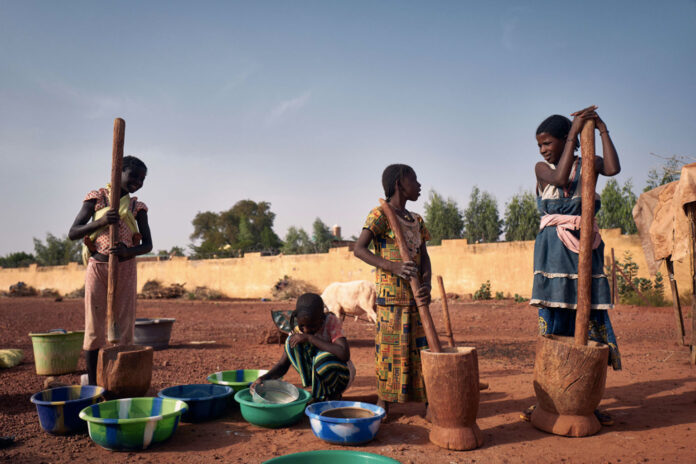The Sahel region of Africa, encompassing Mali, Burkina Faso, and Niger, is experiencing escalating conflict and a deepening humanitarian crisis. The situation has been exacerbated by a series of military coups, the withdrawal of foreign troops, and the increasing presence of Russian mercenaries.
In 2023, the Sahel conflict resulted in over 12,000 deaths, primarily among civilians, marking it the deadliest year since militants took control of northern Mali in 2012. The region’s instability is driven by jihadist insurgencies and political upheavals. In Mali, the military, with support from Russian mercenaries, launched an offensive that recaptured key areas from militants, including the strategic town of Kidal. This operation led to significant civilian displacement and reports of human rights abuses.
Niger saw a military coup in July 2023 that ousted President Mohamed Bazoum. The coup disrupted the country’s improving security situation and led to increased attacks by the Islamic State in the Greater Sahara (ISGS). This has resulted in higher casualties among both military personnel and civilians. The response from Nigerien forces has included proactive cross-border operations targeting ISGS strongholds in Mali.
Burkina Faso continues to be heavily impacted by militant violence, with regions like Djibo under blockade for nearly two years. The country’s internal displacement crisis remains severe, with nearly two million people displaced due to ongoing violence.
The conflict in the Sahel is not only a security crisis but also a humanitarian one. The UN reports that the region faces a severe protection crisis, with nearly 3.9 million internally displaced persons across Burkina Faso, Mali, and Niger. The escalating violence has strained national capacities, leading to increased displacement into urban areas and neighboring countries. Mauritania, for example, is preparing for the arrival of an additional 100,000 Malian refugees.
Human rights violations are on the rise as the conflict spreads. The region is also grappling with the impacts of climate change, which exacerbates resource competition and contributes to instability. Rising temperatures and shrinking resources, such as the drying Lake Chad, have intensified tensions and displacement, further fueling the conflict.
The international community has called for a multifaceted approach to address the crisis, emphasizing the need for sustainable funding and equipment for local forces. The United Nations and humanitarian organizations are focused on delivering protection-centered responses and ensuring access to essential services for displaced populations. However, without significant international support and a comprehensive strategy that includes addressing root causes such as governance issues and climate impacts, the situation in the Sahel is likely to deteriorate further.
The article is part of our special news feature on —Human Stories from Forgotten Wars










